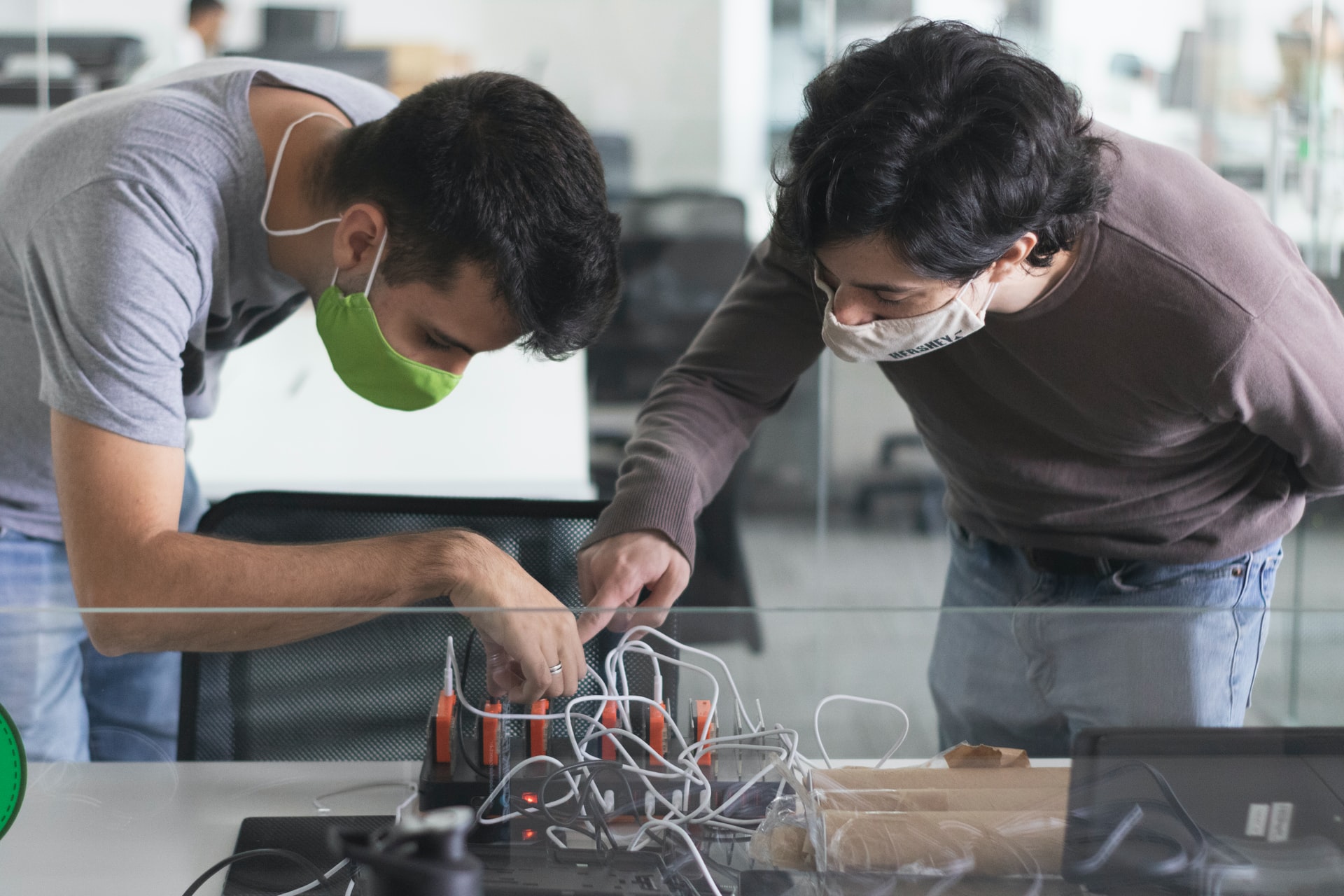By Devin Partida
There has never been a better time to pursue a career in robotics. The industry continues to grow every year in both value and size. To compete today, aspiring robotics engineers and professionals must have a comprehensive skill set. These hard and soft skills will improve your robotics education and help set you up for success in the robotics industry
Hard Skills for a Robotics Education
It should be no surprise that hard skills make up most of what robotics professionals need to know. These are skills you can obtain through classes and hands-on learning. Some are the bread-and-butter of robotics engineering, while others go beyond math and science to expand your knowledge to the business world.
Knowledge Skills
Advanced math skills are crucial. You’ll need to have a versatile grasp of calculus to succeed in applied engineering. For example, advanced math is vital for the science of mechanics and thermodynamics, both of which are essential parts of robotics education.
Similarly, it will be helpful to take coursework in electrical engineering. Understanding how circuits and electronics work will be invaluable when prototyping and designing robots.
Knowledge of physics and biology can be highly beneficial in robotics. Physics will give context and a solid foundation to engineering principles and help train analytical thinking skills. Biology knowledge can give you a specialty in robotics, such as biomedical engineering or bioengineering. It will help you understand how the natural world works, allowing you to draw inspiration for robot designs from real animals. For example, biology played a vital role in creating this robotic gripper inspired by an octopus.
Hands-On Skills
Hands-on robotics skills include both computer skills and physical shop skills. Perhaps the most important hands-on skill that you’ll need in robotics is CAD. Regardless of the particular type of software you learn on, CAD is absolutely vital in today’s robotics industry. Even if you don’t want to work in design, you’ll need to be able to understand and work with digital models for robots and parts.
Programming is becoming a more and more valuable skill across any technical field, including robotics. Surveys show that at least 30% of young people today want to work in software development and programming. To be successful, you want to acquire coding skills. The more languages you learn, the better. Programming will help you develop and prototype your own robots and work more effectively with programmers in the workplace.
In addition to coding, it is also helpful to get some time in the machine shop learning things like:
- Welding- Soldering
- Machining
- Mechanics
- Carpentry
- How to use various power tools
These skills are helpful for creating prototypes and models.
Business Skills
While most of robotics is engineering and math, it is also important to pick up some business skills. This is especially valuable if you want to start your own robotics company or have an idea for a robotics product. Learning business and marketing principles will help you connect with the people who can fund your projects. You’ll be ready to get ideas off the ground and market them to everyone — from managers and co-workers to investors.
Soft Skills for a Robotics Education
While hard technical skills make up an essential foundation of robotics education, numerous soft skills are also handy. For example, you’ll need to collaborate and work effectively with groups. Robotics involves people from many different disciplines and skill sets. It isn’t a one-person job.
Additionally, presenting and public speaking skills are a must-have. These will help you tell others — like investors and supervisors — what your robots do and how they work. Good communication skills will also help you with networking. In the sciences, networking can help you meet people with knowledge and ideas that might help you solve complex problems.
Finally, analytical and creative thinking are crucial for success in robotics. Your education is more than book learning. You must train your brain to think about systems and how everything fits together. Creating innovative robots requires creativity and the ability to think about things from unique perspectives. To solve big problems, you need big ideas.
Preparing for a Stronger Future in Robotics
Improving your robotics education is all about building on the skills you learn in class and thinking about the big picture. You need to be able to think of creative solutions to highly complicated problems, use your knowledge to get the job done and convey complex ideas to anyone. These hard and soft skills will strengthen your robotics education and set you apart from the crowd when it’s time to start your exciting careers in robotics.
Learn more about Robotics with RobotLAB
For over a decade, RobotLAB is leading the Educational Robotics market with an innovative approach that makes Robotics and VR truly useful in the hands of educators. Our passionate team will guide you from point A to Z and beyond.
Check our robotics products!
About the author, Devin Partida. Devin@rehack.com




